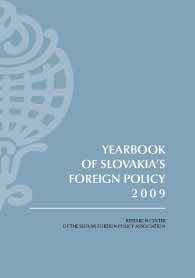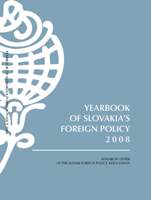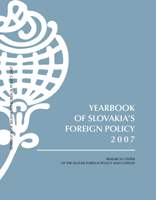
Public Diplomacy in 2009
The year 2009 could be, from the point of view of Slovak public diplomacy, labeled a breakthrough year. It was precisely the previous year that had brought several factors contributing to clarification of this part of the foreign policy concept in the conditions of the Slovak Republic as well as to its institutionalization and practical implementation. The concept of public diplomacy was consistently included in Slovak foreign policy discourse in 2009. The other side of this statement consists in the fact that many related issues still remain unsettled. Regular reviews published annually in the Yearbooks of Slovak Foreign Policy represent a good opportunity to survey the first steps taken in the field of Slovak public diplomacy and also provide room to consider the challenges and opportunities it faces.
More...

